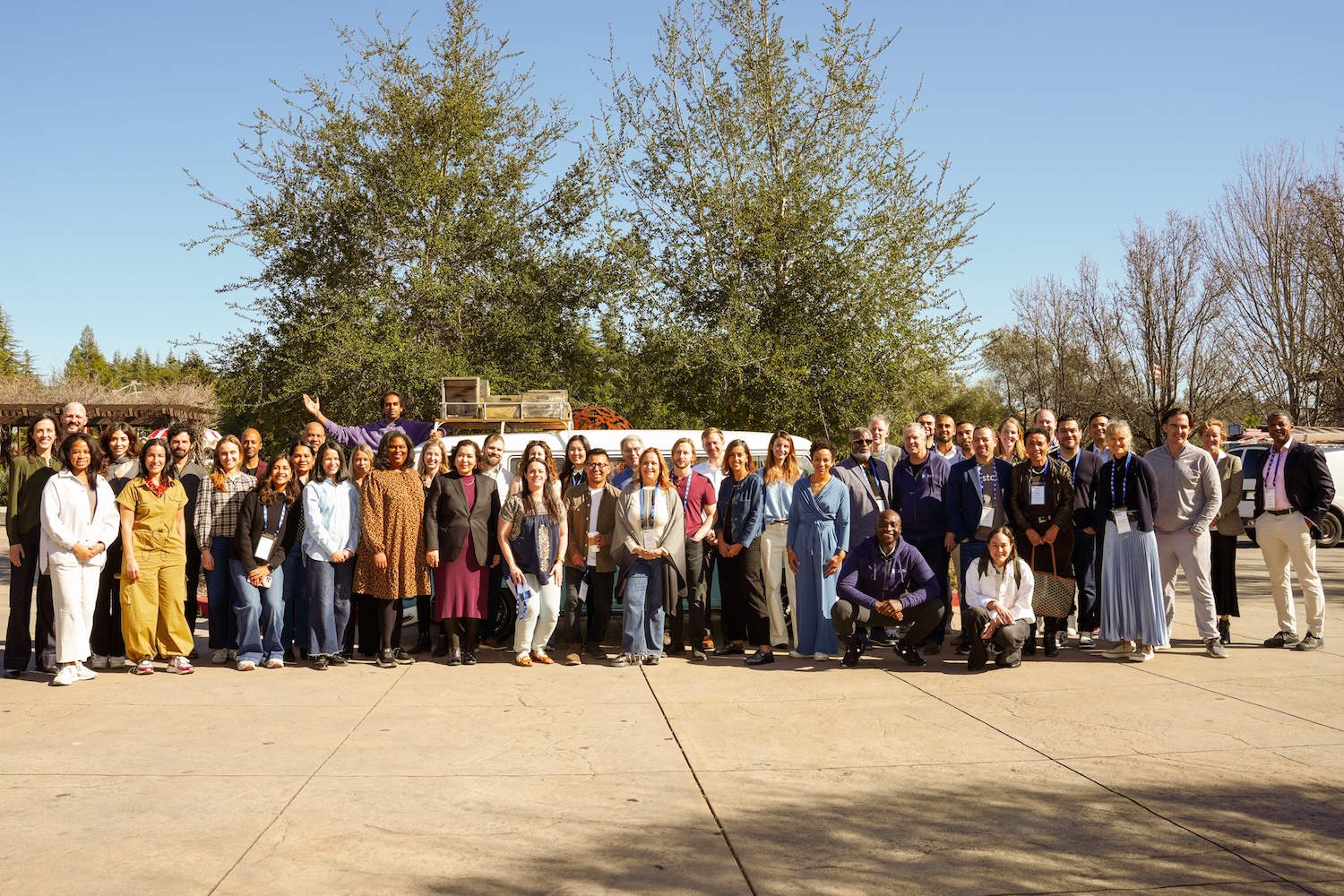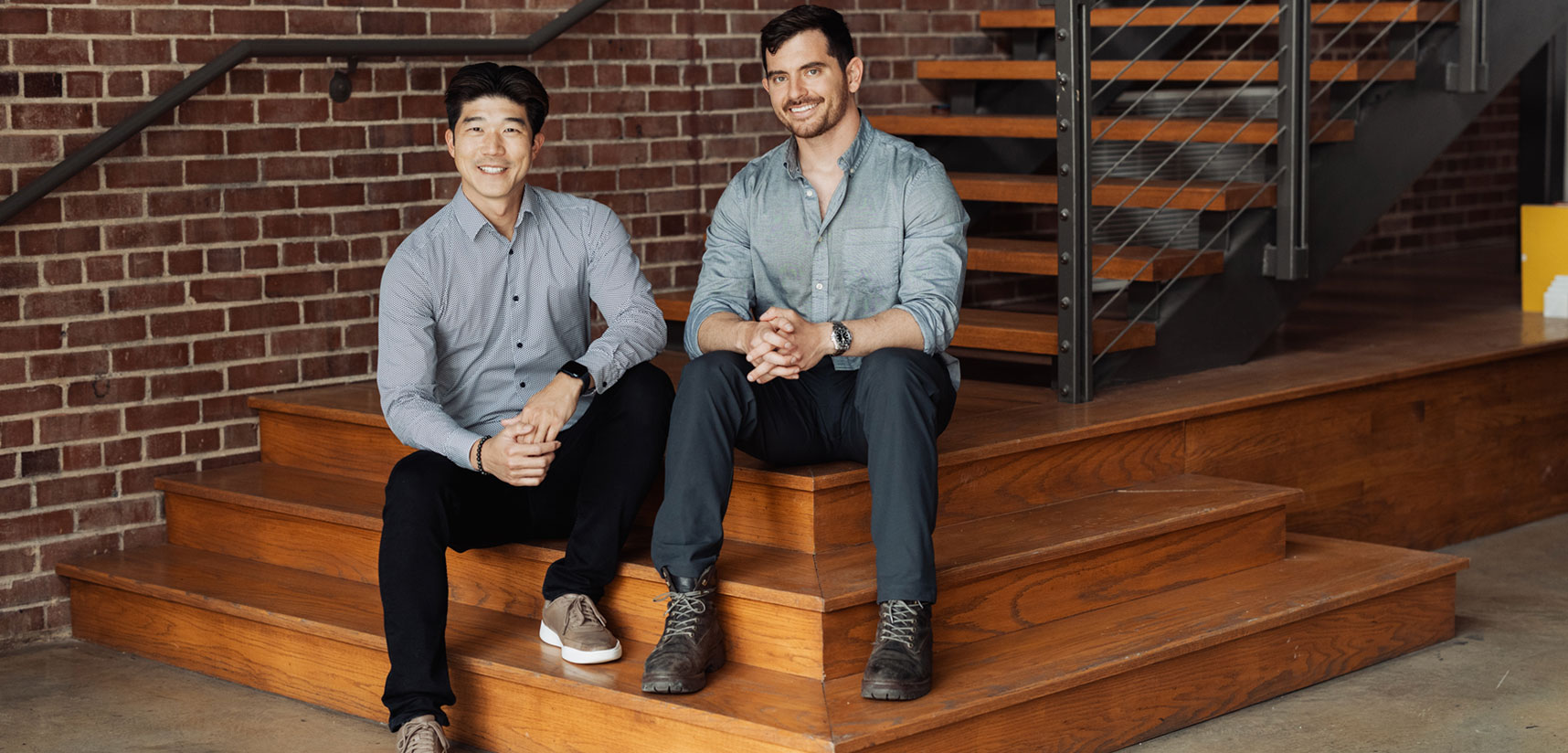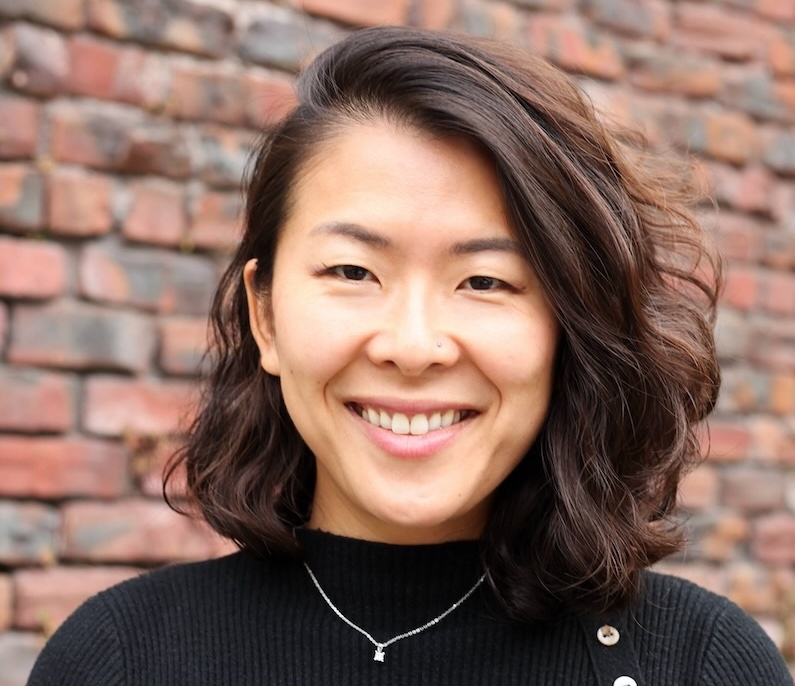Lifting up the unheard voices of the world is Jacqueline Novogratz’s work. In 1986 she quit her job on Wall Street to launch Rwanda’s first microfinance institution, the beginning of a groundbreaking career in impact investing. Novogratz founded Acumen in 2001, and the organization’s investees have positively impacted the lives of more than 501 million people since. Her 2010 book, The Blue Sweater: Bridging the Gap Between Rich and Poor in an Interconnected World was a New York Times bestseller. She’s a true trailblazing visionary and continues to steer Acumen’s work to this day.
We talked with Novogratz, who is also on Acumen America’s board, about what she learned from her mentor, why she thinks humans aren’t selfish, and an old boss that helped steer her career in the right direction.
What’s your superpower?
My ability to connect with people. I think I can see people and they feel it.
Share a time when you did the right thing, not the easy thing?
Once there was an enormous, unimaginable sum of money on the table offered to Acumen. It was the biggest grant we ever could have dreamed of. It would have changed the trajectory of Acumen. It really became clear to me that there was a misalignment of values and expectations. And so though many were in disagreement, I walked away.
What gives you hope right now?
A new generation that is determined to use the tools of capitalism without being controlled by it.
To solve big problems of poverty and of the environment. We now have more tools, skills, understanding, and awareness than ever in history—so solving those problems is within our reach.
When did you last fail? What did you learn?
In the last year we had two very painful failures in off-grid energy of really important companies that were serving the poor. The reason they failed had less to do with operations and much more to do with impact investors who professed patience. But when the chips were down, they took the easy and secure route. We had to write off the companies and see really painful losses.
The lesson is that the character of who you invest in is the most important, but you also have to be very careful about with whom you invest.
What leader do you admire for their moral choices?
Eleanor Roosevelt. She represents a woman of great privilege, who never shied away from that privilege. She used her privilege to help the most vulnerable, the voices unheard.
What’s the first thing you read in the morning?
First thing I want to read and try to read in the morning is a poem. The first thing I often read is The New York Times.
What widely held and commonly accepted truth is a lie?
That human beings are selfish. I don’t believe it. We have angels and monsters inside each of us. What we need to do better as a society is create systems and opportunities to bring out our most generous.
What is your strongest Jeopardy category?
Either global writers or places in the world. I’m a global girl—I usually have an edge on people.
What policy change would you like to see passed at the national level?
I would like to see any policy impacting the social determinants of health in the United States and policies that promote economic stability.
Whose voice do you think everyone should be listening to more in the national conversation?
The voice of low income communities that are never part of any conversation.
What’s a career decision you wish you had made differently?
I once took a job that sounded too good to be true giving away $100 million in New York. Like all things that sound that way, they usually are.
What’s the best piece of advice you were given but ignored?
Hire slow, fire fast. I wish I'd only done it once, but I've done it more than once: where I take too long to let someone go, which hurts them and hurts the organization.
If you could quit your job tomorrow and start a company, what problem or need would it solve for?
[Laughs] Every day I’m a part of helping to start new companies.
Who is a historical figure that should be more widely appreciated?
The politician John Gardner was my mentor. He was a Republican, but one of the few Republicans in LBJ’s cabinet. He advised every president—up to George W. Bush—until he died at 94. A real bridge builder. He started the White House Fellows. He was the quintessential best of what America is. More people should know about those sorts of unsung heroes who wielded power from a place of being interested in other people rather than focused on their own self importance.
What invention has had the greatest (positive) impact on life in this country?
Electricity.
Would you rather climb Mount Everest or travel to the bottom of the Mariana Trench? Why?
That is such an unfair question! I love extremes and I love the world. I love mountains and I love diving. I think that my bigger challenge in the next chapter of my life is the internal discovery.
Who had the largest impact on the trajectory of your career?
My dweeby boss at Chase Manhattan Bank who convinced me I didn’t want to be there. It was early in my career. He told me that if I didn’t change, Chase would change me.
I was their top performer. But, now that I'm older, I think he was essentially saying I didn't act upper class enough. The code was you dress like Linda Ronstadt and laugh too loudly.
As a young person, I thought, oh, it's because I'm so innovative. I did wear big skirts and my hair in braids and laugh loudly. But I think that there was also a class coding in there. I realized I want to laugh, I want to wear big skirts, I want to be me. I don't want to be molded into the company man. So he gave me a great gift.
What’s the last great book you read?
A book my friend Robin Steinberg wrote called The Courage of Compassion, which is essentially her own journey as a public defender through the broken criminal justice system in the United States.
What’s a book whose lessons you return to again and again?
One Hundred Years of Solitude. There’s so much truth in it.
How would you invest $5 million dollars if financial returns were not the primary objective?
Electrification. Countries will not develop without electrification. We have nations on the planet that have 10 percent electrification rates. That’s not just a moral responsibility and opportunity, but it’s a productive economic development opportunity as well.
What was the last piece of art you put up on your wall?
Most of my art comes from the Acumen community, so I’m going to choose a bright red sari with a Madhubani painting by Acumen Fellow Ihitashri Shandilya.
Name a time when being patient paid off.
When we invested in Ziqitza, a company that provides emergency care to India’s poorest and most underserved residents. We were super determined and slogged through some lean times. For 15 years, it was two steps forward, one step back. They started with nine ambulances and turned into a company that brought 50 million people to hospitals across India. They also helped usher in new policies and standards for the Indian ambulance emergency services industry.
How do you think about leaving a legacy?
The truthful answer is, I don’t. I think this is another place that John Gardner really impacted me. He invested in people, not just in a transactional way. And because he lived to 94, I met hundreds of people who all felt, in some way, they were mentored by John. Then I think of myself—35 years after I met him—and the number of people who his words and ethos have impacted because I’m here.
That’s legacy—you don’t see it, it lives and it will for many generations, even if no one knows where it comes from.


.png)



